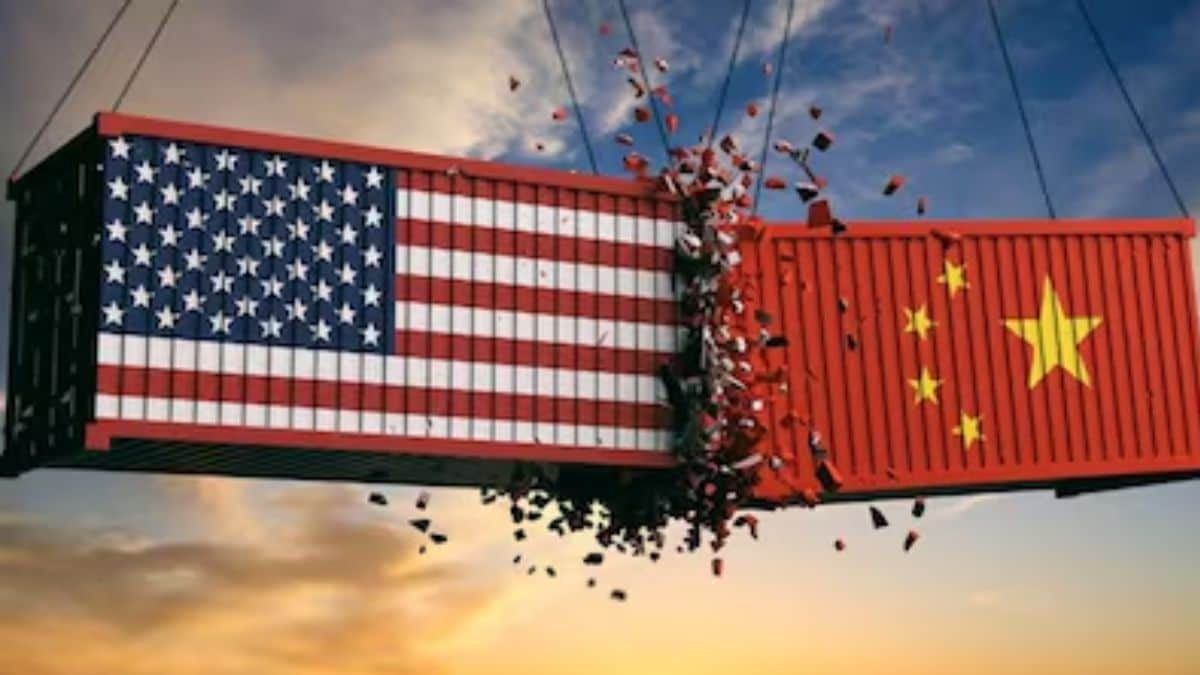
China on Friday called on the United States to lift what it described as "discriminatory restrictions" against Beijing and emphasised the need for both countries to uphold the agreements reached during recent high-level talks in Geneva, according to a statement from the Chinese embassy in Washington.
The statement came shortly after US President Donald Trump sharply criticised China, accusing it of "totally violating" the preliminary deal struck in Switzerland two weeks ago in order to ease tensions in the ongoing trade dispute between the two global economic powers.
"Since the China-US economic and trade talks in Geneva, both sides have maintained communication over their respective concerns in the economic and trade fields on various bilateral and multilateral occasions at multiple levels," Embassy spokesperson Liu Pengyu said.
Earlier, US trade representative Jamieson Greer also echoed Trump’s allegation, saying, “We are very concerned with China’s purported non-compliance with the temporary trade deal.
The “United States did exactly what it was supposed to do, and the Chinese are slow rolling their compliance,” alleged Greer. He called that “completely unacceptable and has to be addressed.”
Trump's trade tension with China: A look at the numbers
Under Trump’s presidency, the US-China trade war intensified, with tariffs peaking at a 145 per cent rate on Chinese imports through the “Liberation Day” trade package.
This led to a sharp contraction in China’s manufacturing sector, with the Purchasing Managers’ Index (PMI) hitting a 16-month low, reflecting reduced factory activity and export orders.
Cargo shipments from China reportedly dropped by up to 60 per cent, and the broader economy showed signs of slowing growth.
In May, a landmark trade deal was signed in Geneva , with both nations agreeing to cut tariffs by 115 per cent while keeping a 10 per cent tariff in place. China also committed to eliminating retaliatory tariffs and halting non-tariff countermeasures against the US. The Trump administration celebrated the agreement as a major victory, aimed at correcting unfair trade practices and narrowing the significant US trade deficit with China.
With inputs from agencies


